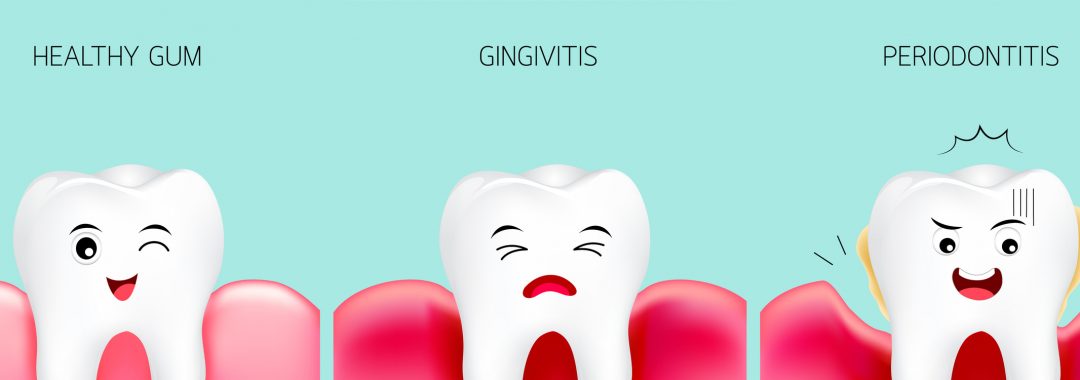Dental Newington
A few of us have a gap between our teeth. This may work for some people who like a gap between the front teeth. Other people may find they would prefer more traditionally spaced teeth. Or that the gaps cause problems when chewing. Gaps teeth are usually about appearance, and rarely affect health. But if we want to close the gaps between the teeth there are some options.
Teeth gaps – Newington Dental
Gaps between teeth are termed Diastema. There are many possible causes:
– New teeth in children.
– Small teeth in a wide jaw
– Low frenulum (the skin where the upper lip meets the upper gum).
– Thumb sucking habit after the habit the age of four.
– A tongue thrusting
– Gum disease
– Missing teeth
Treatments – Newington Dental
Braces
May teenagers have braces to cure a variety of dental ailments. Closing gaps between teeth is one of the many functions they can perform.
Invisalign
Adults may also use braces, but many prefer not to look like teenagers. An alternative is Invisalign. These are clear plastic retainers that force teeth into place. They perform most of the functions of braces.
Veneers
These are thin coverings that are permanently bonded to the front of the teeth. By making these slightly wider than the natural tooth the gaps between teeth can be closed.
Crowns
Crowns (also called capped teeth) completely replace the outer part of the tooth, while keeping the inner root and nerve. The new artificial tooth look like an ideal tooth, and lasts for decades.
Implants
These are like crowns, but they also replace the root underneath the gum. They are ideal for replacing the entire tooth if the cause of the gap is a missing tooth. Implants last for decades.
Bonding
This adds several layers of thin composite bonding material to the space between teeth. This can be built up to close the tooth gap. Bonding can look quite natural.
Dental Newington
Dentists can give us the smile we deserve to have. We look after your mouth’s health and appearance.










